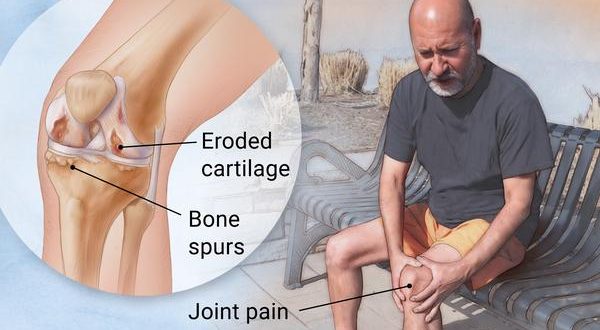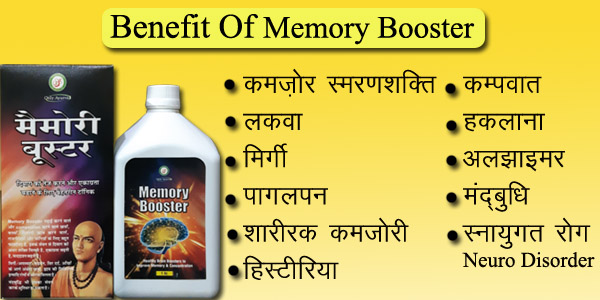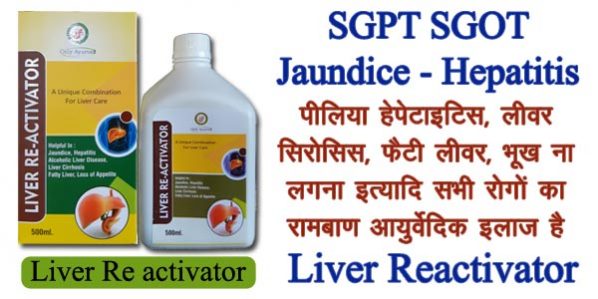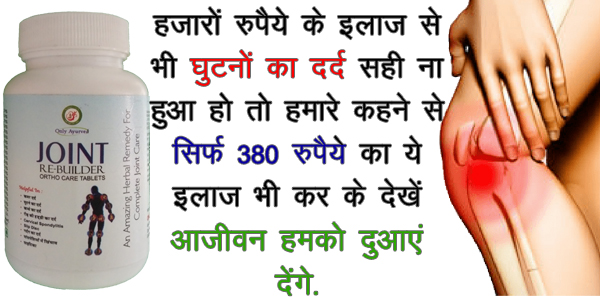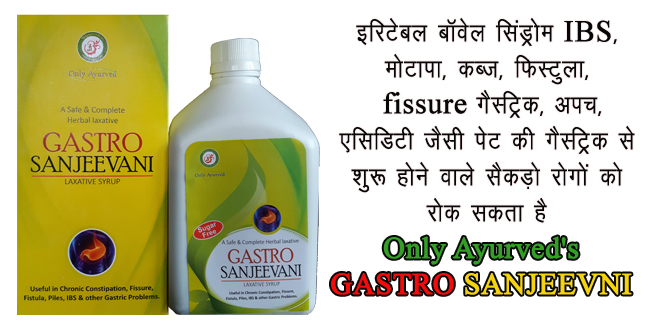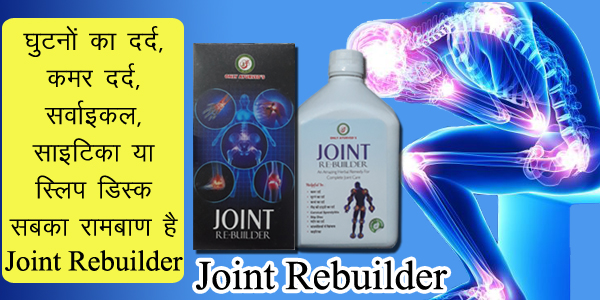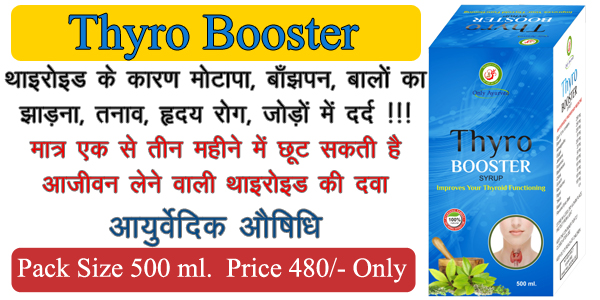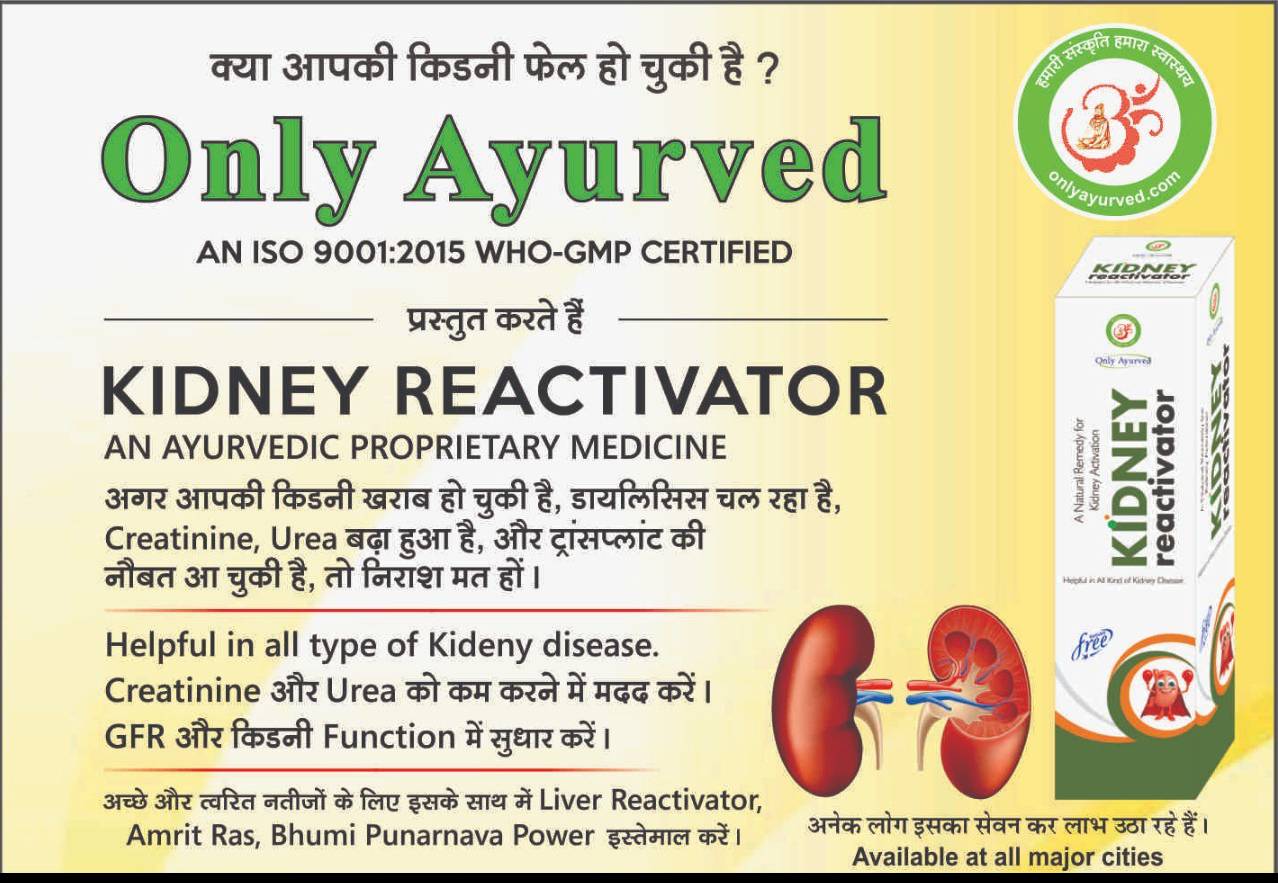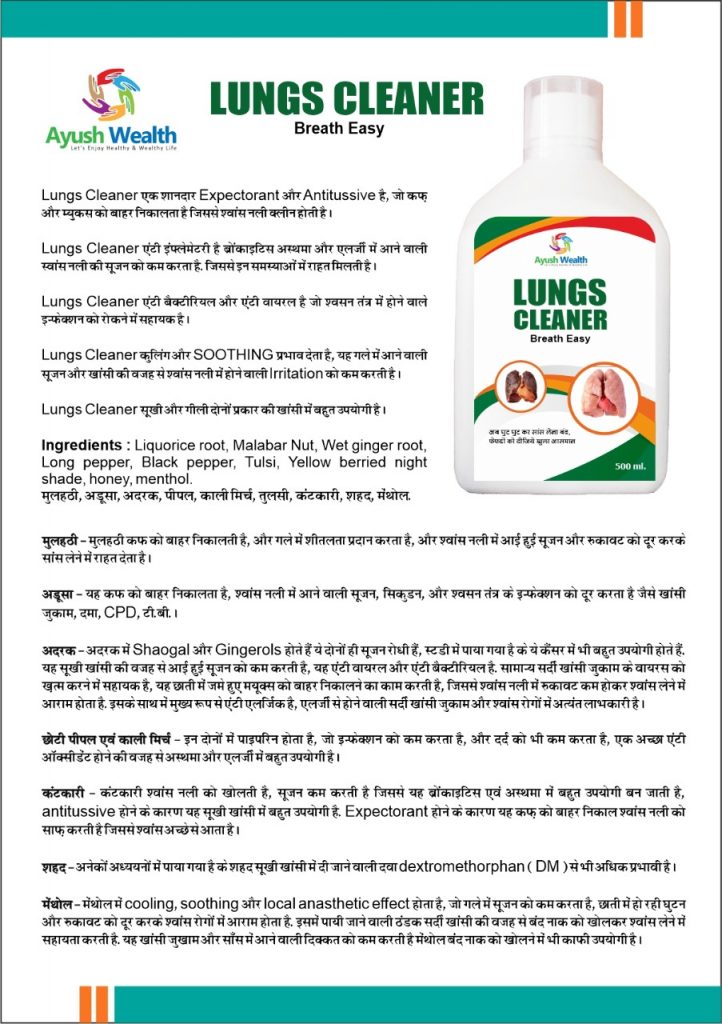Medically Reviewed by Natalie Butler, RD, LD on October 31, 2017 — Written by the Healthline Editorial Team
Osteoarthritis treatment on your plate
If you’re dealing with osteoarthritis (OA) of the knees, here’s some good news: research published in the journal Nutrition Research says that a diet rich in fruits and vegetables has been shown to help reduce inflammation and pain in your joints.
How food helps
Inflammation produces free radicals, the cell-damaging molecules that are formed in response to toxins and natural bodily processes. The synovium (the cushion between knee joints) is as prone to free radical damage as the skin, eyes, or any other body tissue.
Antioxidants protect the body from free radicals. Older research from the Proceedings of the National Academy of Sciences and Clinical Rheumatology has shown that certain antioxidants may help prevent arthritis, slow its progression, and relieve pain. Being at a healthy weight is a critical component to managing OA of the knees.
The importance of losing weight
Avoiding extra body fat doesn’t just take weight off your knees. Body fat is metabolically active, so it’s capable of producing hormones and chemicals that actually increase levels of inflammation.
Try these calorie-controlling strategies:
- Dine in instead of out.
- Eat smaller portions.
- Avoid buying high-calorie foods.
- Fill up half your plate with produce.
Tip: Try eating soups as a starter to control hunger. We also recommend Ina Garten’s hearty lentil vegetable soup.
Vitamin C
The antioxidant vitamin C is necessary for cartilage development. A lack of vitamin C can lead to weakened cartilage and increase OA symptoms.
Include these items in your shopping cart:
- tropical fruits such as papaya, guava, and pineapple
- citrus fruits such as oranges and grapefruit
- cantaloupe
- strawberries
- kiwi
- raspberries
- cruciferous vegetables such as cauliflower, broccoli, and kale
- bell peppers
- tomatoes
Tip: Try Jacques Pépin’s recipe for stuffed tomatoes.
Vitamin D
Research is mixed about vitamin D, but some studies in Arthritis and Rheumatology show that vitamin D can help prevent the breakdown of cartilage and decrease the risk of joint space narrowing.
While absorbing sunlight before applying sunscreen is your best source of vitamin D, you can also enjoy these vitamin D-rich foods:
- seafood such as wild-caught salmon, cod, sardines, and shrimp
- fortified milk
- eggs
Look for other foods fortified with vitamin D or calcium, such as:
- orange juice
- breakfast cereals
- tofu
- yogurt
Tip: Check out Bobby Flay’s Southwestern marinated grilled salmon with tomato-red chile chutney.
Beta carotene
Beta carotene is another powerful antioxidant that helps destroy free radicals before they can cause excessive damage to joints. Beta carotene is easy to identify because it gives fruits and vegetables, such as carrots, their bright orange color. Other excellent sources include:
- cruciferous vegetables such as Brussels sprouts, collard greens, mustard greens, and chard
- greens such as romaine lettuce and spinach
- sweet potatoes
- winter squash
- cantaloupe
- parsley
- apricots
- peppermint leaves
- tomatoes
- asparagus
Tip: Check out this recipe for sweet potato pudding from Taste of Home.
Omega-3 fatty acids
The healthiest fats for people with OA, or other inflammatory disorders, are omega-3 fatty acids. While some foods increase levels of inflammation in the body, omega-3s actually work to decrease inflammation by suppressing the production of cytokines and enzymes that break down cartilage.
Foods with the highest amount of omega-3 fatty acids are:
- salmon, either wild, fresh or canned
- herring
- mackerel, but not king mackerel
- sardines
- anchovies
- rainbow trout
- Pacific oysters
- omega-3-fortified eggs
- ground flax seed and flaxseed oil
- walnuts
Tip: Try whole-wheat banana pancakes from the blog 100 Days of Real Food. Top them with walnuts for extra flavor.
Bioflavonoids
Bioflavonoids such as quercetin and anthocyanidins are both forms of antioxidants. The anti-inflammatory effects of quercetin may be similar to those of nonsteroidal anti-inflammatory medications (NSAIDs) such as aspirin (Bayer) and ibuprofen (Advil, Midol). Good sources of quercetin include:
- red, yellow, and white onions
- kale
- leeks
- cherry tomatoes
- broccoli
- blueberries
- black currants
- lingonberries
- cocoa powder
- green tea
- apricots
- apples with skin
Tip: Get the flavorful recipe for garlicky broccolini from Food and Wine.
Spices
Some spices have anti-inflammatory effects, too. Among the most promising are ginger and turmeric. Grate fresh ginger into stir fries, add it to salad dressings, sip ginger tea, and add to high-fiber, low-fat muffins.
Turmeric is a mustard-yellow spice from Asia that’s the main ingredient in yellow curry. A study cited in the journal Alternative Medicine Review has shown that curcumin may help osteoarthritis by suppressing inflammatory body chemicals. Curcumin is a major active component of turmeric.
Tip: Make chicken curry with coconut milk using this healthy recipe from the blog SkinnyTaste.
Takeaway
It’s clear that the best strategies for keeping symptoms of OA of the knee at bay are to:
- lose weight if you’re overweight
- color your plate with fruits and vegetables
- enjoy fish, nuts, and healthy oils
- keep your body in motion
Your knees — and your waistline — will thank you.
Article resources
- Belacro G, et al. (2010). Efficacy and safety of Meriva, a curcumin-phosphatidylcholine complex, during extended administration in osteoarthritis patients. http://www.altmedrev.com/publications/15/4/337.pdf
- Ding C, et al. (2009). Serum levels of vitamin D, sunlight exposure, and knee cartilage loss in older adults: The Tasmanian older adult cohort study. DOI: 10.1002/art.24486
- Farid R, et al. (2010). Oral intake of purple passion fruit peel extract reduces pain and stiffness and improves physical function in adult patients with knee osteoarthritis. DOI: 10.1016/j.nutres.2010.08.010
- Funk JL. (2006). Turmeric extracts containing curcuminoids prevent experimental rheumatoid arthritis. DOI: 10.1021/np050327j
- Haqqi TM. (1999). Prevention of collagen-induced arthritis in mice by a polyphenolic fraction green tea. DOI: 10.1073/pnas.96.8.4524
 Only Ayurved आयुर्वेद जीवन जीने की कला हैं, हम बिना दवा के सिर्फ अपने खान पान और जीवन शैली में थोड़ा बदलाव कर के आरोग्य प्राप्त कर सकते हैं।
Only Ayurved आयुर्वेद जीवन जीने की कला हैं, हम बिना दवा के सिर्फ अपने खान पान और जीवन शैली में थोड़ा बदलाव कर के आरोग्य प्राप्त कर सकते हैं।

